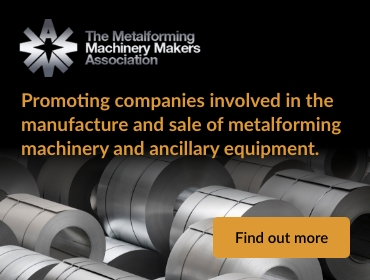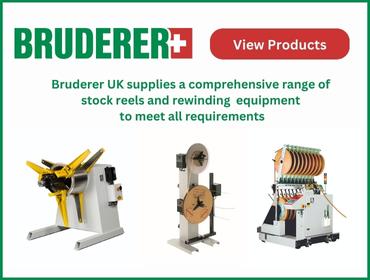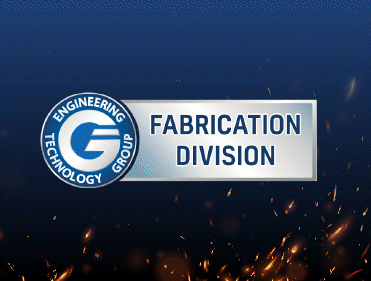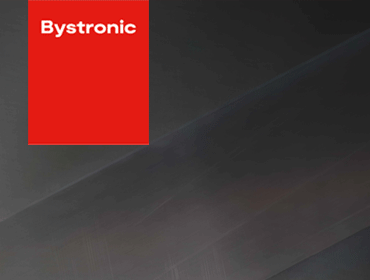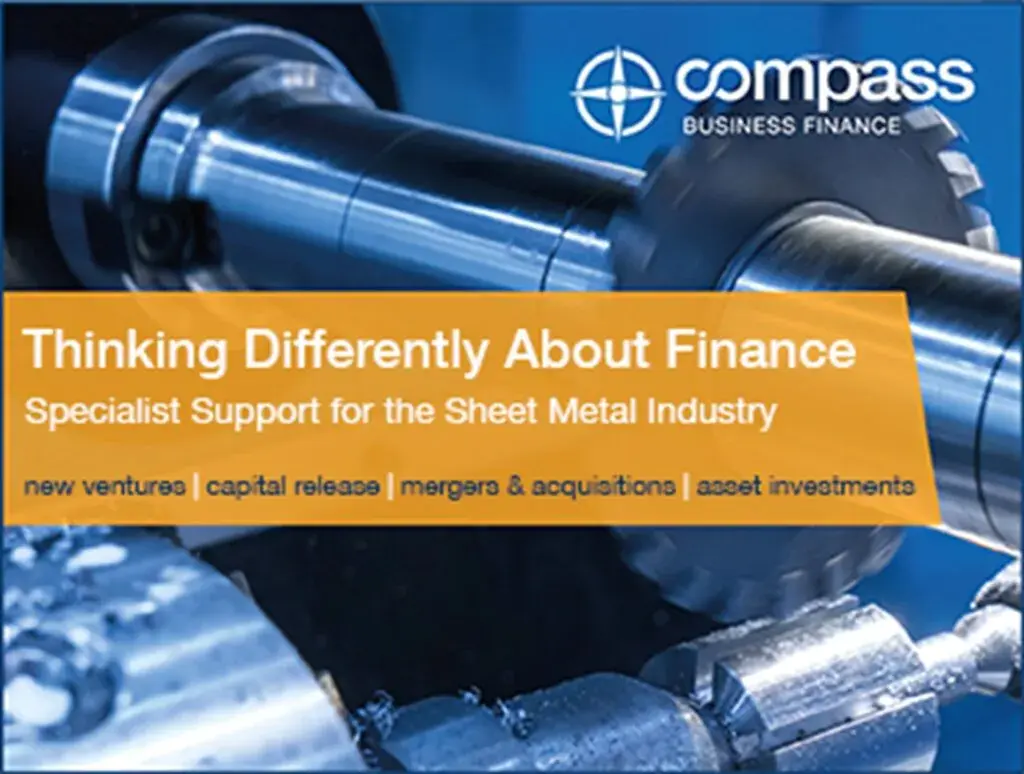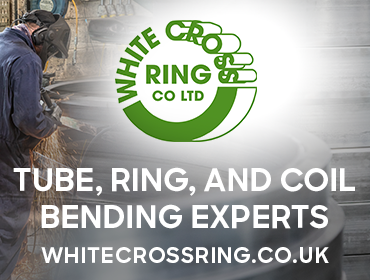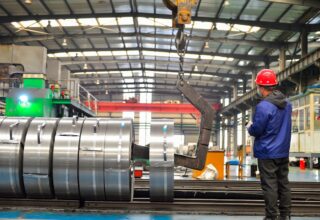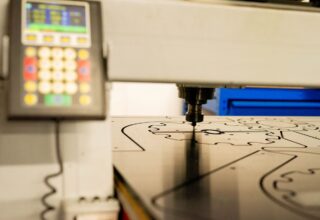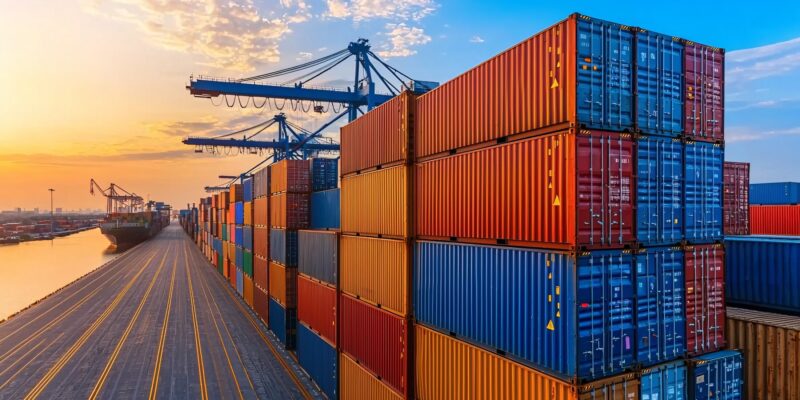
We all know that carbon emissions are responsible for climate change. But as we act to reduce our impact, recent efforts from some nations to curb emissions have created an uneven playing field that places less regulated nations at an economic advantage.
To tackle this disparity, the European Union introduced the Carbon Border Adjustment Mechanism (CBAM) – a levy designed to address ‘carbon leakage’ by aligning the costs of domestic goods with those manufactured in countries with weaker carbon regulations. The EU’s CBAM will move into its definitive phase in January 2026, with the UK set to follow in January 2027.
EU legislation
Under the EU’s CBAM, obligated businesses – importers into the EU – must report on the carbon impact of materials, using data provided by suppliers. For the sheet process, metal-forming and fabrication sector, the picture is complicated, with some companies required to report, while others will be called on to provide their emissions data to obligated importers.
UK CBAM
Starting in 2027, the UK will be implementing its own CBAM. This means that UK sheet process, metal-forming and fabrication businesses will start to bear the CBAM reporting responsibility in the UK, along with the financial implications. Unlike the EU, the UK legislation will arrive fully formed, without a transition phase. This makes it all the more important for businesses to gather emissions data early. Those that get ahead of the game will gain a significant advantage.
The challenge of data
Under CBAM, importers must submit accurate emissions data. But with suppliers based around the world, sourcing this information can prove challenging. In its role as CBAM advisor, Valpak is seeing this issue develop into strained commercial relationships between suppliers and obligated importers. In some cases, contracts are changing hands as a result of a lack of transparency.
To fill the gaps, a number of businesses are resorting to default figures or online platforms that offer to manage the process. However, these platforms may not verify the supplier data, and rely heavily on AI and chatbots for supplier communication. Using an automatic system can also make it difficult to understand the wider impact of the emissions.
Similarly to using default figures, businesses that follow this route risk submitting inaccurate or non-compliant data. Without actual figures, businesses may end up paying too much. From 2026, penalties can also reach €10-50 per tonne of emissions, making the need for accurate data even more urgent.
Getting it right
The most successful businesses navigate CBAM through partnership. Valpak advises companies to engage directly with suppliers and start this process early. It also helps to share the costs and resources required for emissions tracking and set clear expectations around data standards.
Transitioning to any new legislation is challenging, but remember that advice is available, and putting systems in place early is key.
Sheet process, metal-forming and fabrication – who is affected by CBAM?
Obligated businesses
- Those importing raw materials from overseas, manufacturing in the UK, and then exporting to the EU.
- Some UK sheet process, metal-forming and fabrication businesses that import raw materials from the EU, manufacture in the UK, and then export back into the EU.
Businesses asked to provide emissions data to obligated importers
- The majority of UK sheet process, metal-forming and fabrication businesses.


